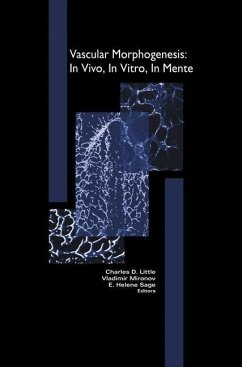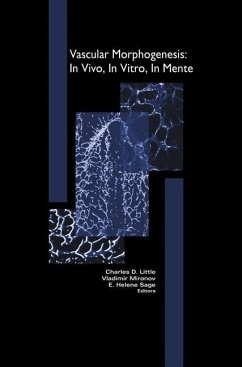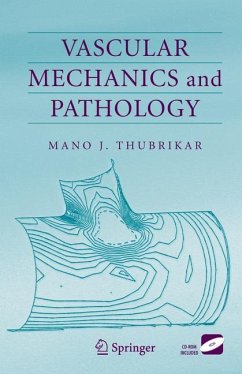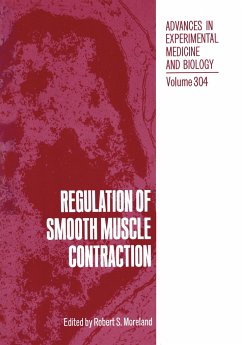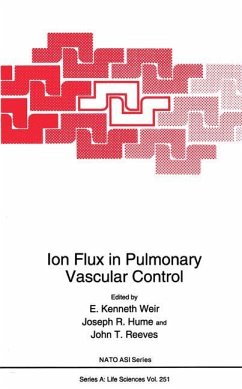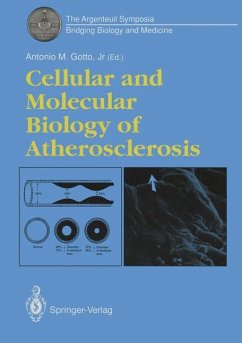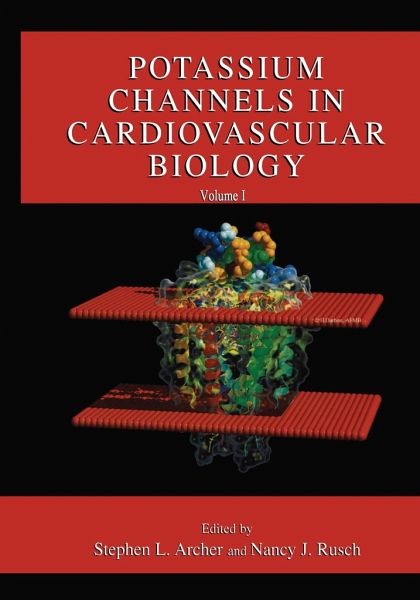
Potassium Channels in Cardiovascular Biology

PAYBACK Punkte
76 °P sammeln!
Potassium channels (K+) are membrane-spanning proteins which serve many important functions and are becoming a hot topic in physiology. K+ channels determine or modulate many functions of vascular smooth muscle, endothelial and inflammatory cells, and thus are central to regulation of arterial tone and control of cell proliferation. They are also promising targets for antihypertensive treatments with drugs which open and close specific types of K+ channels, making for an active field of research. With their ability to control vascular tone, voltage-gated K+ channels play a significant role in ...
Potassium channels (K+) are membrane-spanning proteins which serve many important functions and are becoming a hot topic in physiology. K+ channels determine or modulate many functions of vascular smooth muscle, endothelial and inflammatory cells, and thus are central to regulation of arterial tone and control of cell proliferation. They are also promising targets for antihypertensive treatments with drugs which open and close specific types of K+ channels, making for an active field of research. With their ability to control vascular tone, voltage-gated K+ channels play a significant role in both pulmonary and systemic hypertension as well as in cardiac arrhythmias. This book will highlight the latest discoveries by leading researchers pertaining to the role of K+ channels in the heart and blood vessels in normal physiology and a variety of disease states.




